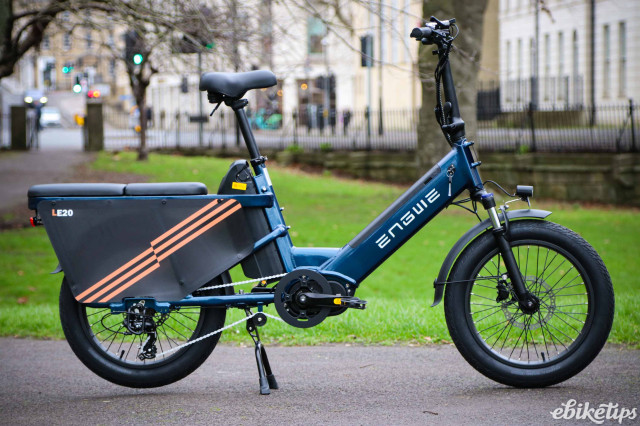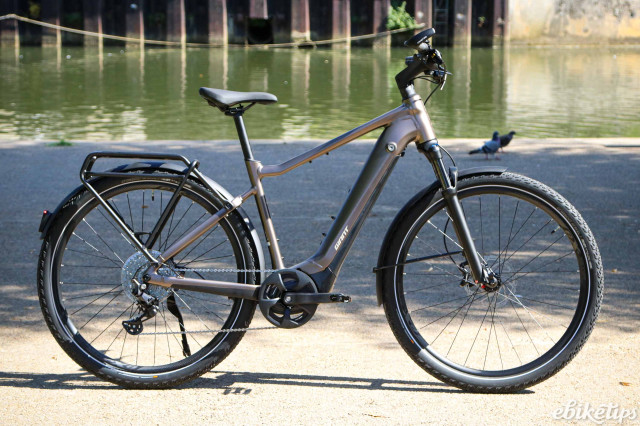The Government has reduced grants for electric car buyers by £500, arguing that this means the funding will last longer and be available to more drivers. While the Department for Transport (DfT) also said that it would be supporting the switch to electric vehicles through other new investments, there remains no word on the e-bike subsidies promised last year.
As of today, the maximum grant for electric cars has been reduced from £3,000 to £2,500, while the price cap for cars eligible for the subsidy has been brought down from £50,000 to £35,000.
This follows a previous cut from £3,500 in the March 2020 budget.
The plug-in vehicle grant scheme was renewed last year, with £582m of funding intended to last until 2023. A DfT spokesperson said it had been updated to target less expensive models, “allowing the scheme’s funding to go further and help more people make the switch to an electric vehicle.”
Announcing the move, Transport Minister Rachel Maclean said: “We want as many people as possible to be able to make the switch to electric vehicles as we look to reduce our carbon emissions, strive towards our net-zero ambitions and level up right across the UK.
“The increasing choice of new vehicles, growing demand from customers and rapidly rising number of chargepoints mean that, while the level of funding remains as high as ever, given soaring demand, we are refocusing our vehicle grants on the more affordable zero emission vehicles – where most consumers will be looking and where taxpayers’ money will make more of a difference.
“We will continue to review the grant as the market grows.”
Responding to the news, Mike Hawes, chief executive of the Society of Motors Manufacturers and Traders, said: “The decision to slash the plug-in car grant and van and truck grant is the wrong move at the wrong time.
“New battery electric technology is more expensive than conventional engines and incentives are essential in making these vehicles affordable to the customer.
“Cutting the grant and eligibility moves the UK even further behind other markets, which are increasing their support, making it yet more difficult for the UK to get sufficient supply.
“This sends the wrong message to the consumer, especially private customers, and to an industry challenged to meet the government’s ambition to be a world leader in the transition to zero-emission mobility.”
Elsewhere in its statement, the DfT somewhat vaguely states: “We are retaining support for the switch to electric vehicles through other new investments. Today’s changes are the latest step in this.”
Speaking in November, Transport Minister Chris Heaton-Harris said that the government was, “developing a national programme of support to boost e-bike uptake to the levels seen in many other countries.”
This appeared to be a reference to a "national e-bike support programme" which had been promised in the Government’s 'Gear Change' document earlier in the year.
Heaton-Harris said full details would be announced this spring.
In Scotland, residents can already take advantage of an interest-free loan from the Energy Saving Trust, which can support the purchase of two e-bikes capped at £3,000 each, one family e-cargo bike capped at £6,000 or one adaptive e-bike capped at £6,000, with a four year repayment plan – click here to find out more.





